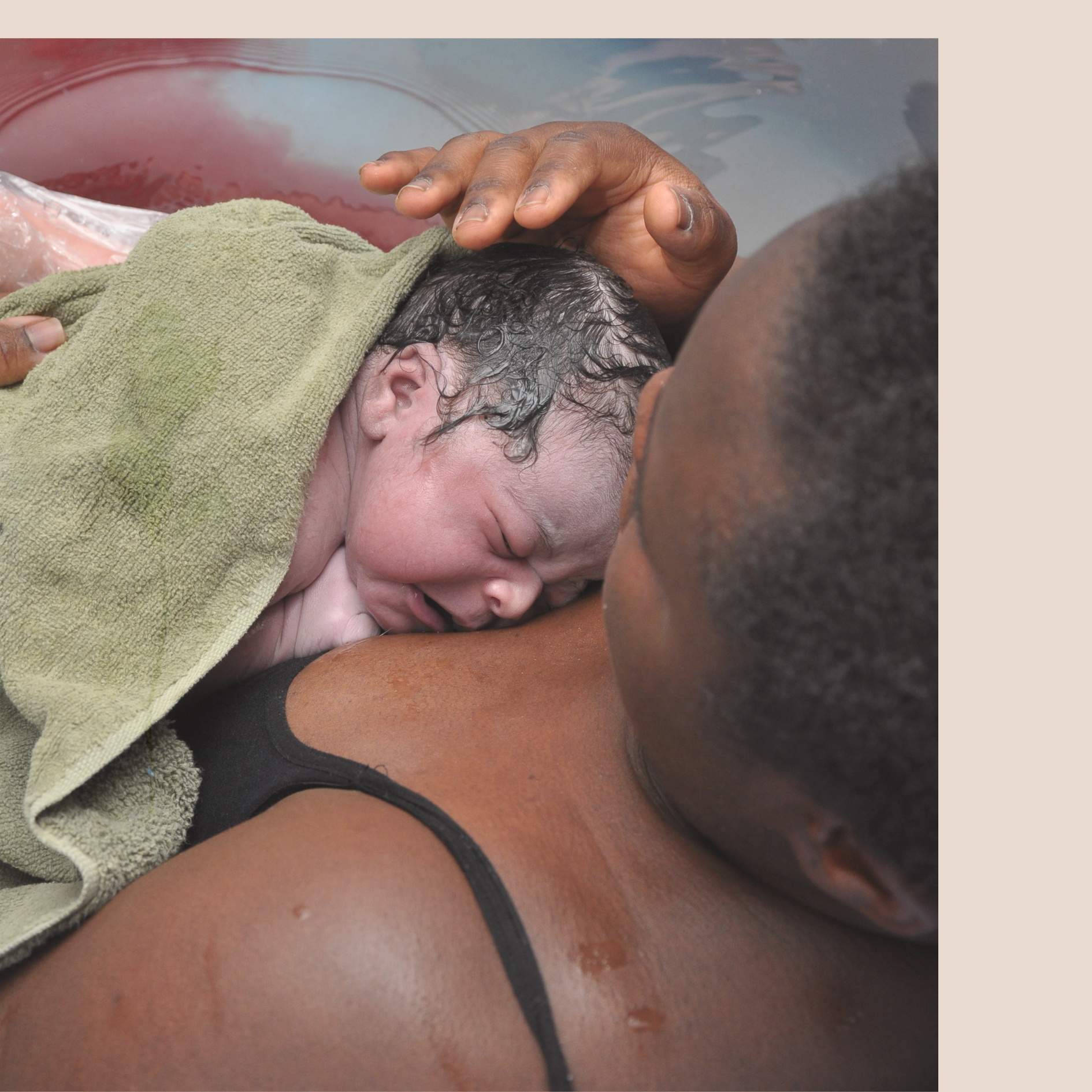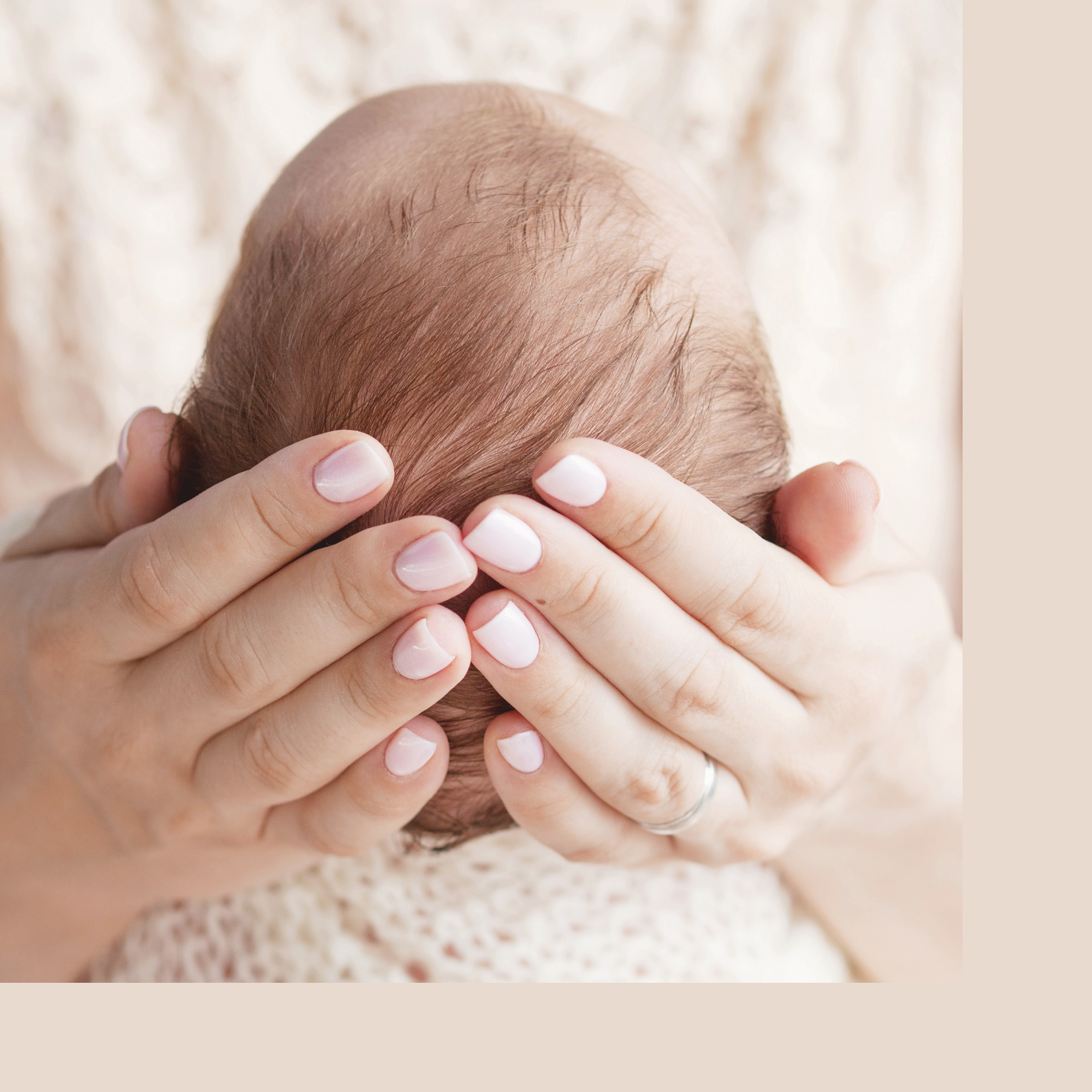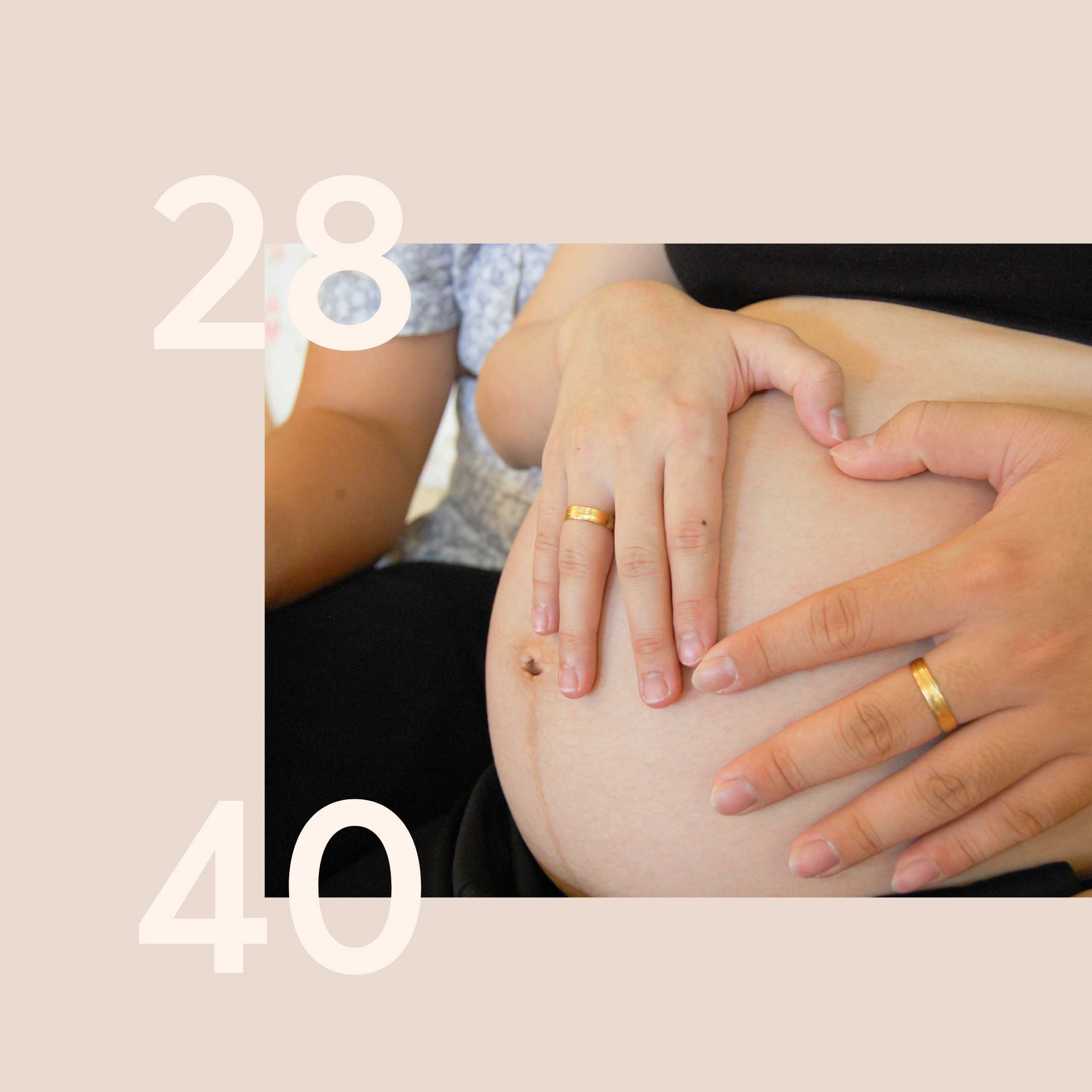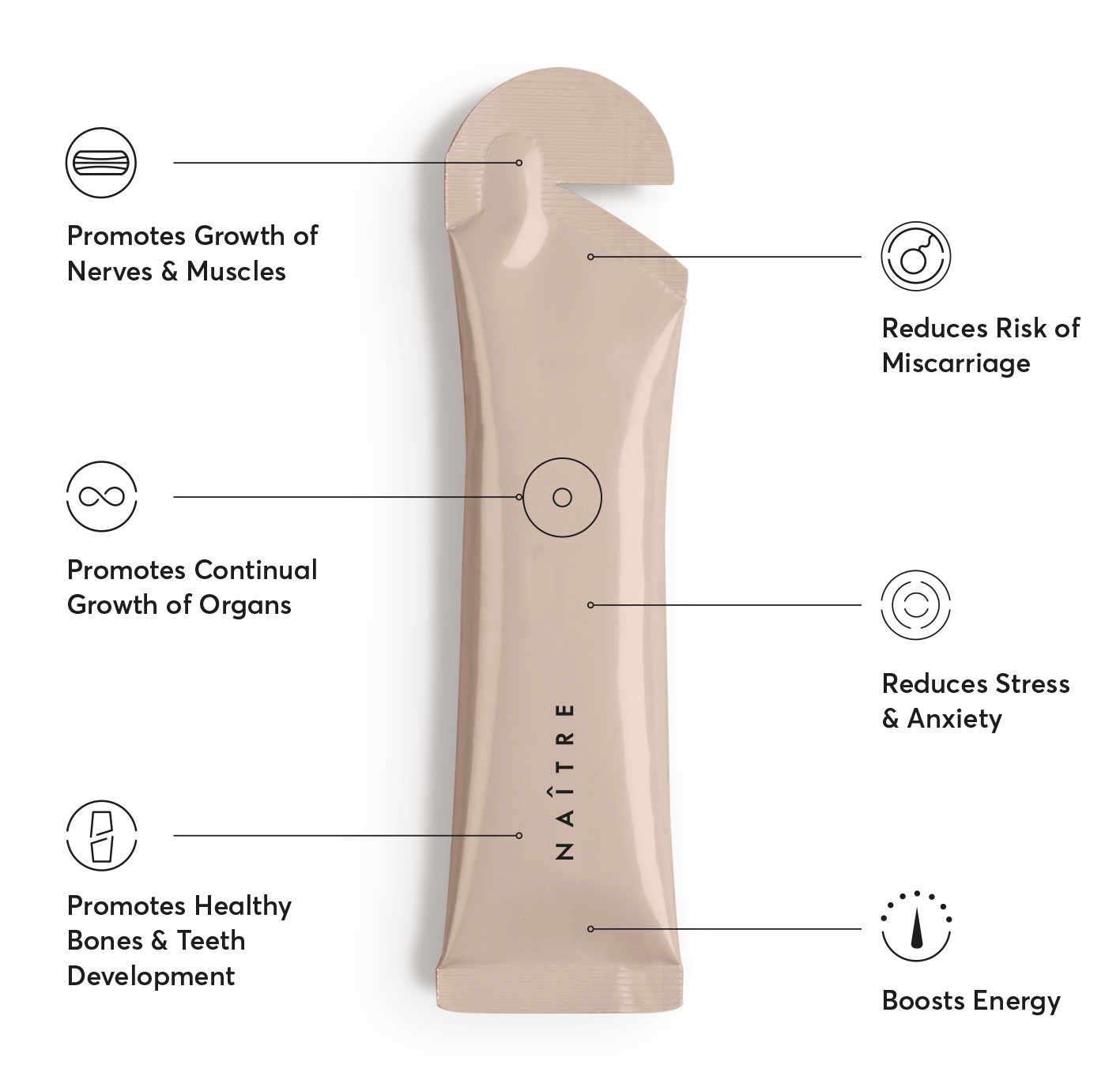
Pregnancy and childbirth are transformative experiences that can bring immense joy and fulfilment, but they can also be challenging and overwhelming, both physically and emotionally. It is essential to prepare your mind for the journey ahead to ensure that you have a positive pregnancy and childbirth experience.
Sadly, perinatal mental health problems are very common, affecting more than 1 in every 10 women in the UK. This guide will cover all the mental health issues that can arise during and after pregnancy, how to best prepare for these issues, and where to find the best support.
Understanding Mental Health During Pregnancy
What are Perinatal Mental Health Problems?
Perinatal mental health problems refer to any mental health problems experienced from becoming pregnant up to a year after giving birth. These issues can be new mental health problems, or an episode of a problem that someone has experienced in the past.
Common Perinatal Mental Health Problems
How Anxiety and Depression Affect Pregnancy
Perinatal mental health problems can affect not only the parent but also the baby. Anxiety and depression during pregnancy can increase the risk of preterm birth and low birth weight. Additionally, postpartum depression can affect the parent's ability to bond with their baby and may have long-term effects on the child's development.
Preparing Your Mind for Pregnancy
Before you try to conceive, take some time to prepare your mind for the journey ahead. This includes addressing any mental health issues you may have, such as anxiety or depression. Speak to your GP, midwife, or a mental health professional for support and advice. You may also want to consider mindfulness practices, such as yoga or meditation, to help you relax and reduce stress.
Coping with the Emotional Changes of Pregnancy
Pregnancy can be an emotional rollercoaster, and it is essential to develop coping mechanisms to help you manage your feelings. This includes reaching out to your support network, such as family and friends, and engaging in self-care activities that make you feel good. Exercise, getting enough sleep, and eating a healthy diet can also help you feel better mentally and physically.
Recognising Postnatal Depression
Postnatal depression is a type of depression that affects some women after giving birth. It is more severe than the "baby blues" and can last for months or even years if left untreated. Symptoms include feeling low, tearful, or irritable, having difficulty bonding with your baby, and feeling guilty or inadequate as a parent. It is essential to seek help if you think you may be experiencing postnatal depression.
Can someone who has never had mental health issues experience anxiety or depression during pregnancy?
While women who have a history of mental health issues are at higher risk of experiencing anxiety and depression during pregnancy and postpartum, it is not uncommon for someone who has never had these issues to experience them during pregnancy. This can be due to a combination of hormonal changes, physical discomfort, and the stresses of adapting to a new life role.
It's essential to recognise that experiencing anxiety or depression during pregnancy or postpartum is not a sign of weakness or failure. These conditions are medical issues that can affect anyone, regardless of their previous mental health history. If you are experiencing any symptoms of anxiety or depression, don't hesitate to reach out to your healthcare provider or a mental health professional. Getting help early can prevent the condition from worsening and improve your overall wellbeing.
Preparing for Postnatal Depression
While it is impossible to prevent postnatal depression, there are steps you can take to reduce your risk and prepare for the possibility of developing it. This includes speaking to your GP or midwife about your mental health history, building a support network, and knowing the signs and symptoms of postnatal depression. You can also consider joining a support group or attending antenatal classes that cover postnatal depression.
Building a Support Network
Having a supportive network can make a significant difference in your mental health and wellbeing during pregnancy and postpartum. Surround yourself with people who can offer practical and emotional support, such as family members, friends, or other mothers in a similar situation. Consider joining a support group, either in person or online, to connect with other women experiencing perinatal mental health issues.
Self-Care Strategies
Taking care of yourself is essential during pregnancy and postpartum. Self-care strategies such as getting enough sleep, eating a balanced diet, and engaging in physical activity can help improve your mood and reduce stress levels. Consider incorporating relaxation techniques such as deep breathing, meditation, or yoga into your daily routine.
Maintaining Open Communication
Seeking Professional Support
If you are struggling with your mental health during pregnancy or after giving birth, know that help is available. Speak to your GP, midwife, or health visitor, who can refer you to a perinatal mental health specialist who can provide individualised care and support. They can offer therapies such as cognitive-behavioural therapy (CBT), counselling, or medication if necessary. You can also contact organisations such as Mind or PANDAS Foundation, which offer support and advice to women experiencing perinatal mental health issues.
Conclusion
Preparing your mind for pregnancy and childbirth is crucial to ensure a positive experience for both you and your baby. By understanding the mental health issues that can arise, developing coping mechanisms, and seeking help when needed, you can approach pregnancy and childbirth with confidence and optimism. Remember, you are not alone, and help is available.
Takeaways
Preparing your mind for pregnancy and childbirth is a vital aspect of prenatal care. It involves understanding the mental health issues that can arise, developing coping mechanisms, seeking professional support when necessary, and building a support network.







